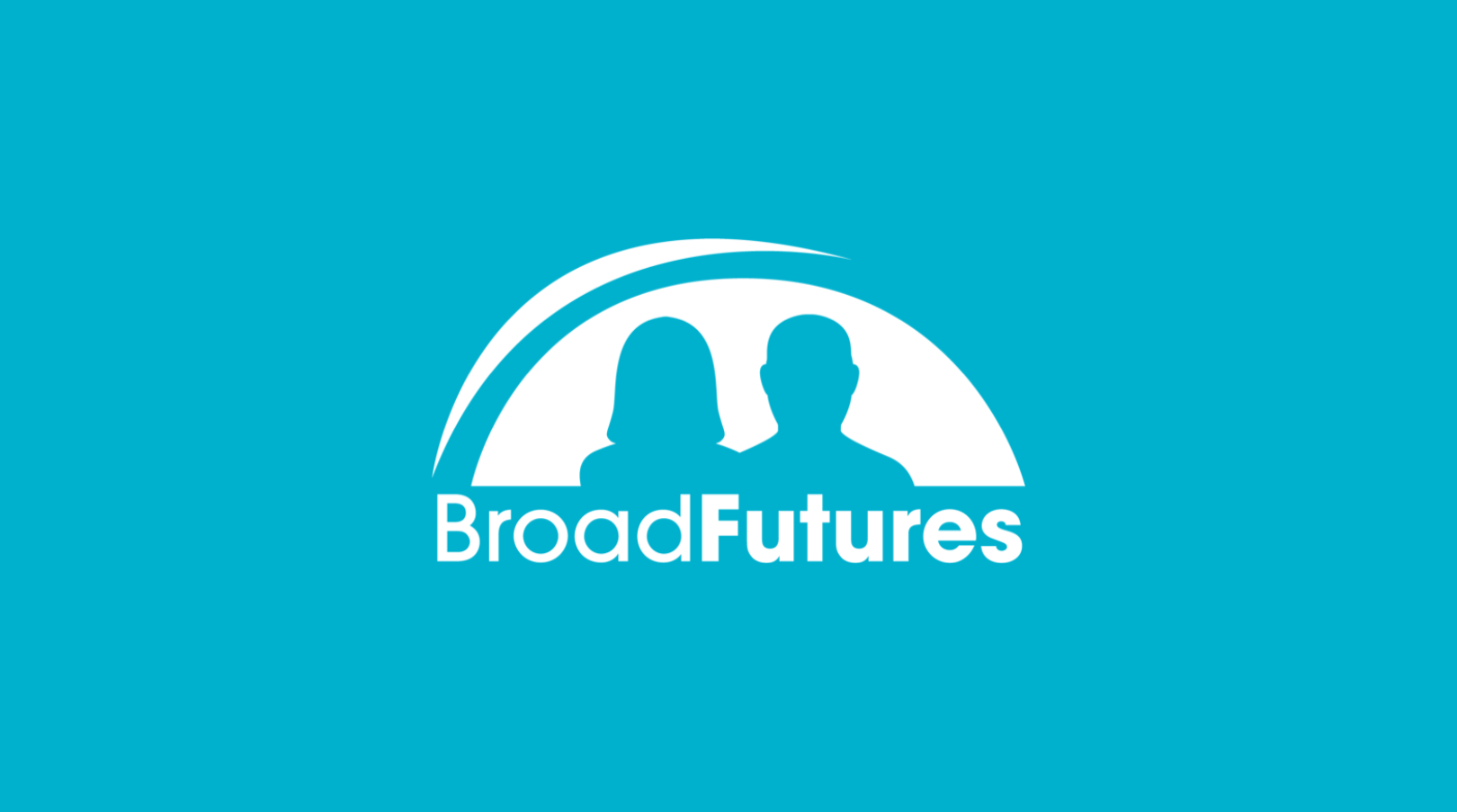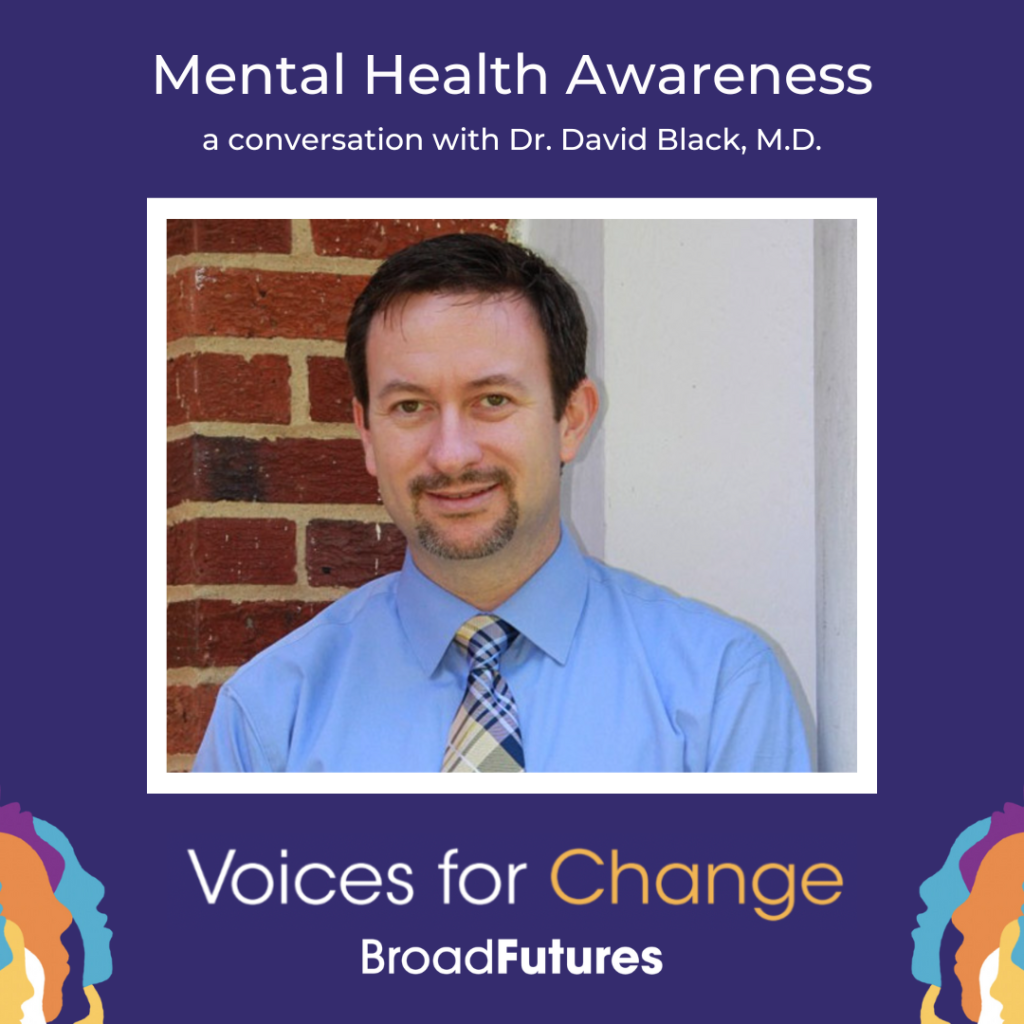|
|||||||||||||||||||||||||||||||||||||||||||||||||||||||||||||||||||||||||||||||||||||||||||||||||||||||||||||||||||||||||||||||||||||||||||||||||||||||||||||||||||||||||||||||||||||||||||||||||||||||||


|
|||||||||||||||||||||||||||||||||||||||||||||||||||||||||||||||||||||||||||||||||||||||||||||||||||||||||||||||||||||||||||||||||||||||||||||||||||||||||||||||||||||||||||||||||||||||||||||||||||||||||


Dr. David O. Black is a pediatric neuropsychologist, director of the Center for Assessment And Treatment, and an internationally recognized expert in autism spectrum and related disorders. He provides ongoing individual and family consultation and support with an emphasis in assisting families navigate the transition to adulthood. In addition to his work with individuals who have social communication challenges, Dr. Black provides comprehensive neuropsychological assessment and consultation services to children, adolescents, and adults with learning differences, attention disorders, and medical conditions such as epilepsy, traumatic brain injury, and genetic disorders. Prior to founding the Center for Assessment And Treatment, Dr. Black was a researcher in the Pediatrics and Developmental Neuroscience Branch at the National Institute of Mental Health, NIH.
Interview with Dr. David O. Black
BF: This year, BroadFutures is highlighting different voices for change within the neurodiverse community. Our focus for May is Mental Health Awareness and learning more from mental health professionals like yourself. Can you talk to us more about what interested you in pursuing a career that serves neurodivergent young people and their families?
DB: I have always been fascinated by how the mind works and the way people view and interact with the world. Everyone deserves the opportunity to thrive and to reach their full potential. As a neuropsychologist, I have the honor of helping people, including neurodivergent young people, better understand the unique way their brain works – their ways of learning, relating with others, processing language and information, and understanding the world. Society needs people who process and see things differently, have different strengths, and unique approaches to tackling complex problems. I believe neurodivergence makes the world a better place for us all.
BF: How did you become involved with BroadFutures, and how do you see your work overlapping with the work we do?
DB: Carolyn and I first met at the early stages of BroadFutures when the organization was just getting started. We immediately recognized we had a common purpose of supporting this community and have worked together since. I’ve had [a] focus on post-secondary transition, folks that, anywhere from 10th or 11th grade on through mid-20s, transition to, ‘how do I take charge of my life?’ ‘How do I make my way into the workforce?’. It’s enormously challenging making that switch from even at the college level, [and] I [have] spent so much time with folks that were enormously, exquisitely capable and couldn’t get a job, or they were grossly underemployed.
I think one of the things BroadFutures does is it recognizes the importance of a diverse workforce, not just from the standpoint of diversity…[but the] range of cognitive abilities that are out there as our society gets more and more complex, as the work needs get more and more complex. We desperately need different kinds of minds, people with different strengths, different abilities, and a lot of folks are sort of frozen out of that process because they can’t get through the front door…I think BroadFutures does a nice job of acknowledging that, supporting that on both ends.
BF: What are some common misconceptions about neurodiversity in the context of mental health, and how can we challenge those misconceptions in society?
DB: I think a key misconception is that somehow these categories are non-overlapping. Virtually every human trait is on a continuum, [and] each person is a unique combination of traits. None of us are defined by diagnoses or our conditions. It is critical to take the time to get to know each person individually and to be extremely cautious about sweeping generalizations, [as] neurodivergence is just one aspect of a person’s identity.
BF: What advice would you give to neurodiverse young people navigating new, and sometimes stressful work and life transitions?
DB:
BF: How can we better support neurodivergent people’s mental health in the workplace, or as they prepare for the workplace?
DB:
BF: Looking ahead, what do you hope to see in terms of advancements in mental health awareness for neurodiverse people and support in general?
DB: The biggest thing that I run into with mental health providers that don’t routinely work with people that are neurodivergent, is they have presumptions about why they’re struggling, presumptions about sources of stress, sources of anxiety, sources of depression. And when those preconceptions aren’t challenged, then you end up working superficially. If, as mental health providers, we can be more curious about what [each] individual brain-based difference might [be], how that might be contributing to [someone’s] lived experience in a work environment, [then] there’s opportunities to make a bigger difference.


|
|||||||||||||||||||||||||||||||||||||||||||||||||||||||||||||||||||||||||||||||||||||||||||||||||||||||||||||||||||||||||||||||||||||||||||||||||||||||||||||||||||||||||||||||||||||||||||||||||||||||||||||||||||||||||||||||||||||||||||||||||||||||||||||||||||||||||||||